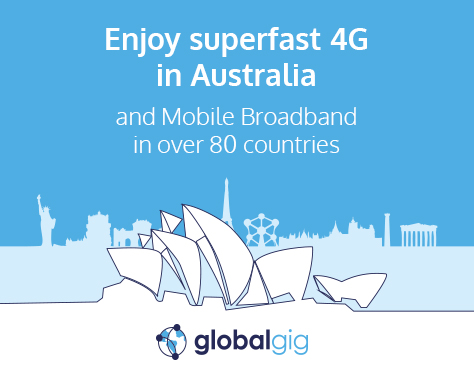
It is one of the great ironies of this industry that when you put the smartest minds technology all in one room for the International CES, you can never get the Wi-Fi to work. And so it was that when the world’s technology media sat knee-to-knee inside the Las Vegas Convention Centre last month to report on the Sony press conference, rather than filing live, Tweeting images and keeping the blog’s refreshed, journalists could instead be seen trying to reconnect to the pathetically inadequate network.
CES Press Day is a particularly hectic experience, starting at 7am one side of the Strip and ending at the opposite side of down 14 hours later. Lack of internet connectivity when you desperately want to file a live blog can mix with fatigue like petrol and matches: it’s a combustible conflation that can lead to iPads being flung across press conferences like Frisbees in a college quad. Having been to these conferences before and experienced the anxiety that comes from being pushed off Wi-Fi networks collapsing under the strain of overload, this year AR’s internet was furnished by Globalgig, a mobile data solution that utilises the Optus network in Australia and a collection of native telcos when operating overseas, such as AT&T for the United States.
Having originally launched two years ago as a 3G product with a handful of overseas destinations, Globalgig is this week officially launching its 4G service, new plans and compatibility with 84 countries.
Available as a $2 SIM card sold at around 1,400 retail touchpoints in Australia, Globalgig comes in three streams: 4G Flexi (primarily for Australian use), Go Europe & USA (covering 36 European countries, the United States and Australia) and Go Global (for use in 84 countries). Upon purchasing a SIM card, users log on to Globalgig’s website to choose which category and what plan they want. The retailer that sold the SIM receives a commission on each connection, making this product a good upsell opportunity for consumers purchasing 4G-enabled tablets.
The rates for 4G Flexi start at $5 for 250MB and go up to $50 for 10GB. Go Europe & USA starts at $20 for 250MB up to $100 for 10GB. Go Global starts at $30 for 250MB and rises to $170 for 5GB. All rates are per month and users can upgrade at any time mid-month but can only downgrade at the start of their billing cycle. There are no lock-in contracts. (While accurate at the time of writing, interested parties should check Globalgig’s website for the full details on charges, quotas and international locations.)
Two days before the aforementioned CES Press Day, I was forced to endure a 6-hour stopover in Honolulu, Hawaii, at an airport that has no free Wi-Fi. Although my iPad was loaded with a Globalgig SIM card, it was still carrying the Australian APN settings, which meant that until changed for the US carrier, I couldn’t access the internet. It was until landing in Vegas and using the McCarran International Airport free Wi-Fi that I was able to access this very helpful Gizmodo article to find the correct setting. The reason this painful internet-free experience is recounted is because Globalgig has standardised its APN setting, meaning users never have to change it again when traveling: it is always mbb.voiamo.net.
Voiamo is the name of Globalgig’s UK-based parent company. The Australian general manager James Broadman told me the company is committed to providing competitive data rates for use both in Australia and while roaming. The focus isn’t just on the popular holiday destinations, like America, the United Kingdom and France, but also on all the transit centres like the United Arab Emirates, Singapore, Thailand and Hong Kong. In order to failsafe against billshock, Globalgig sets a defualt killswitch for data consumption once an excess of $200 in a month is reached, and Boardman said this can be changed on request. Globalgig doesn’t yet have a system in place for users to check their download levels as they go, either on its website or on an app.
“We’ve come a long way from the company that just over two years ago offered mobile broadband in three countries,” Broadman told me. “We’ve moved from 3G to 4G and from 3 countries to 40 countries last year and now 84 countries this year.
“Our goal has always been to challenge the unfair pricing of certain telcos and mobile broadband providers and we continue to do just that. Our fundamentals have remained the same – low cost mobile broadband in Australia, low cost mobile broadband overseas, no lock-in contracts and no bill shock.”
Fighting words from Boardman so I took a look at Telstra’s overseas data roaming rates and you wouldn’t call them especially generous: $350 buys you 1.5GB, for use in 51 countries. By comparison, Globalgig offers 3GB for $100 with access in 70 countries. (Somewhat amusingly, unless you learn it the hard way, Telstra doesn’t include Belgium on its list, instead charging $3,000 per 1GB, or so be sure to turn your tablet off if driving from Paris to Amsterdam!)
Boardman said Globalgig has received great support from its trade partners since launching, and he thanked Coles, Big W, Harvey Norman, Dick Smith, The Good Guys and Duty Free operators for their hard work in helping to establish the brand.

